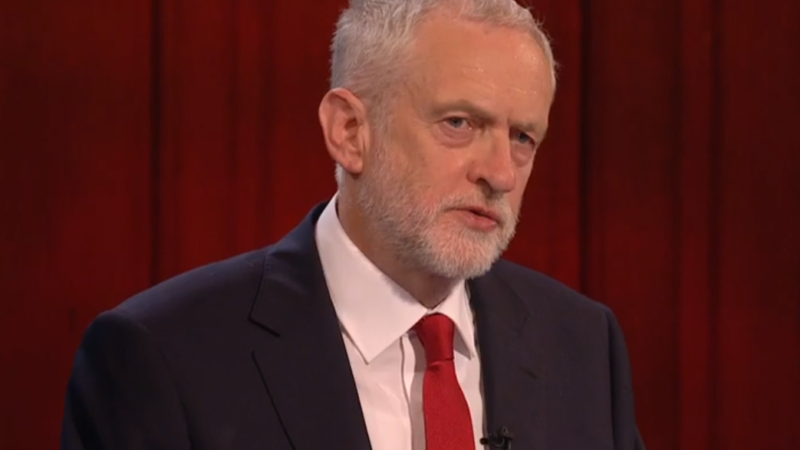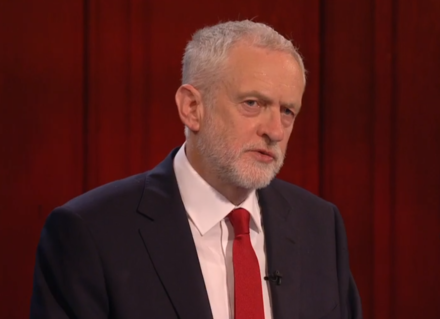

Labour would have emerged as the largest party on June 8 if the general election had been held under one form of proportional representation, according to a new report.
If the poll had been carried out using the single transferable vote (STV), then Labour would have won 297 seats, the Tories 283, the Lib Dems 29 and the SNP 18. STV is currently used in the elections for the Northern Ireland assembly and for local elections in Scotland.
The findings come in an Electoral Reform Society study, published today, which also said there was an increase of hyper-marginal seats as a result of the election, with 11 seats won by less than 100 votes in June, and had just 0.0016 per cent of voters chosen differently the Tories would have retained their majority. The report estimates that 6.5m Britons voted tactically.
June’s election saw a massive increase in voting volatility – with more people switching the party they backed than in any election since 1931.
The society, which campaigns for reforms to Britain’s electoral system, wants to see an end to the first-past-the-post system.
The report shows that FPTP is exaggerating the country’s political divisions. In the south east, where Labour claimed 29 per cent of the vote, the party won only 10 per cent of the seats. In the north east, where the Tories got 34 per cent o the vote, they took nine per cent of Westminster seats.
The SNP continue to be relatively over-represented in Scotland, but so too are Labour in Wales. The Conservatives mostly benefitted from this over-representation phenomenon, taking 56 per cent of England’s seats on 46 per cent of the vote.
This election saw a huge number of “wasted” votes, with 68 per cent, 22 million, of those cast having no impact on the result of the election, the report also claims.
Darren Hughes, the chief executive of the Electoral Reform Society, said: “For the third time in a row, Westminster’s voting system has failed to do what it says on the tin – produce a ‘strong and stable’ government.”
“June’s election has shown first-past-the-post is unable to cope with people’s changing voting habits – forcing citizens and parties to try and game the system. With an estimated 6.5 million people ‘holding their nose’ at the ballot box, voters have been denied real choice and representation.”
“This surge in tactical voting – double the rate of 2015 – meant voters shifted their party allegiances at unprecedented rates, with the second highest level of voter volatility since the inter-war years. A system designed for two parties cannot accommodate these complex electoral swings.”




More from LabourList
‘Tackling poverty should be the legacy of Keir Starmer’s government’
‘The High Court judgment brings more uncertainty for the trans community’
‘There are good and bad businesses. Labour needs to be able to explain the difference’